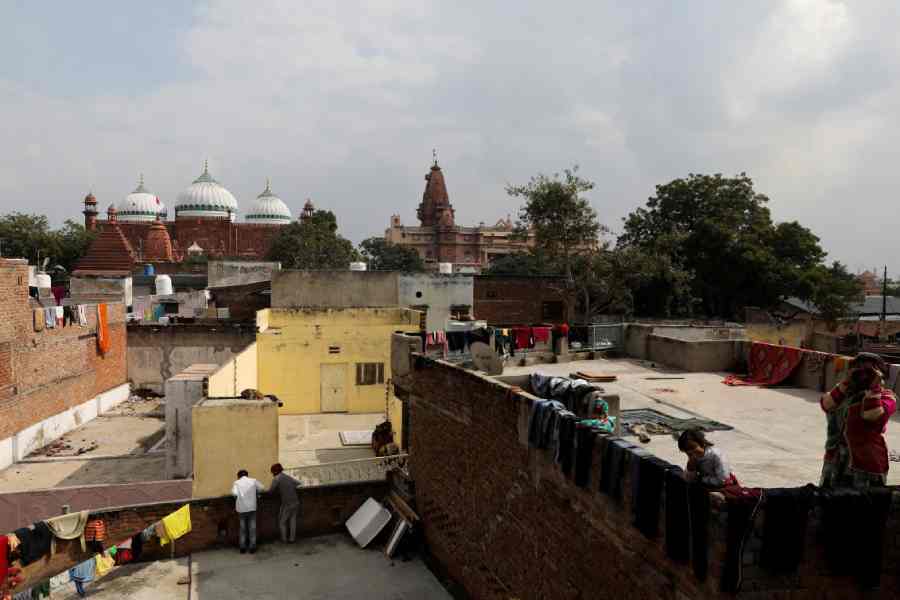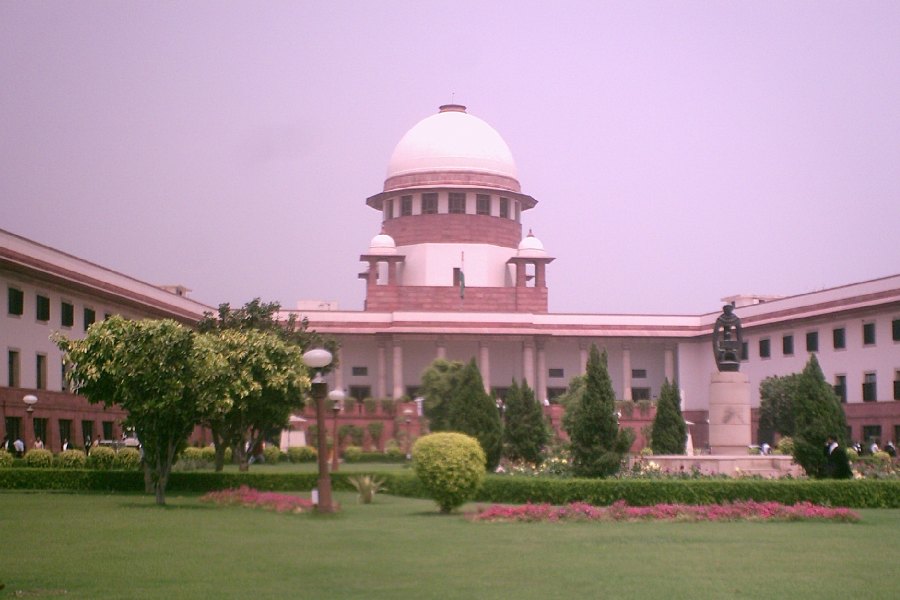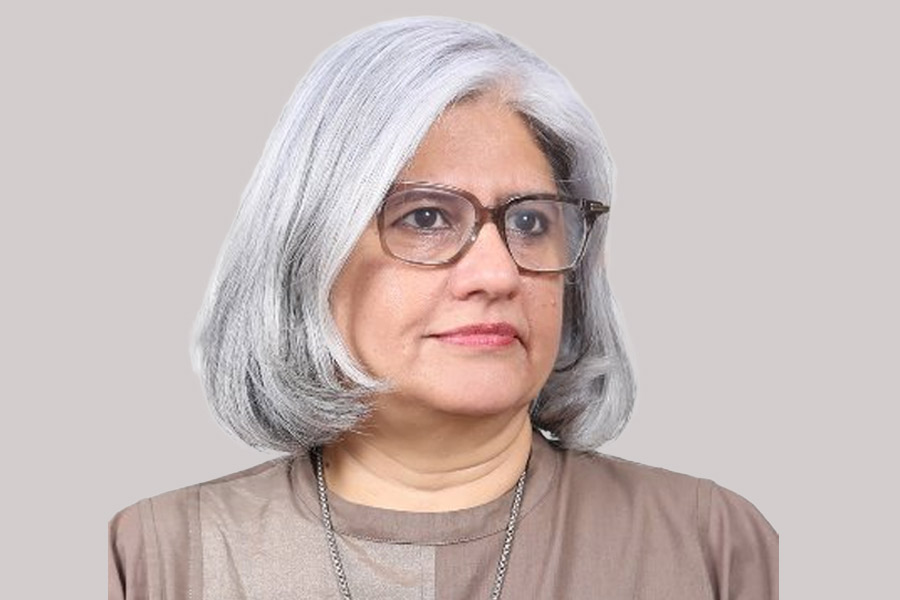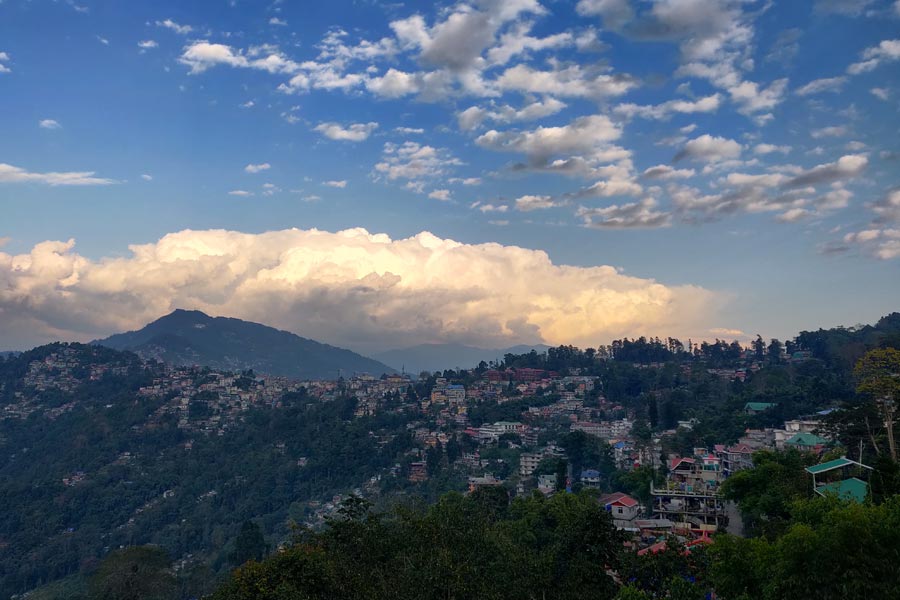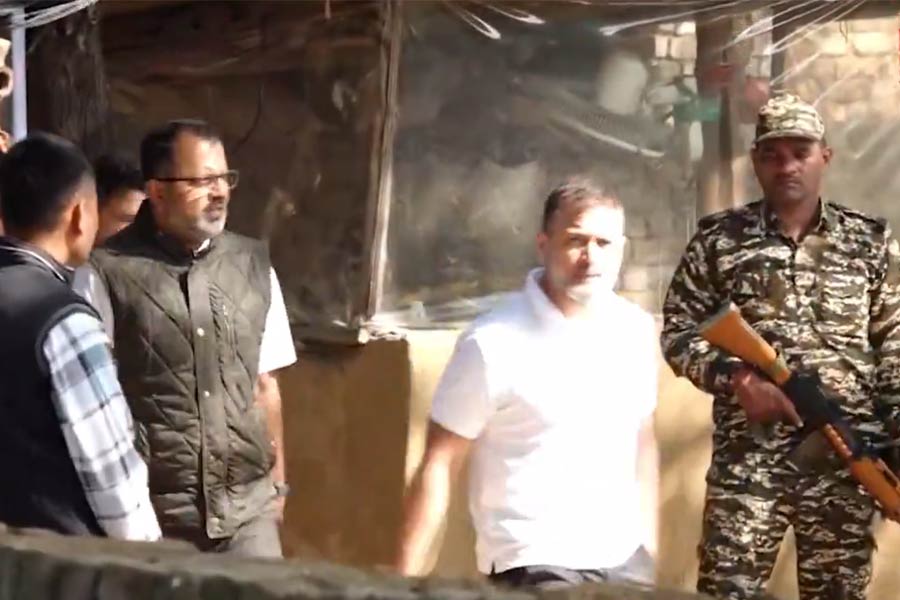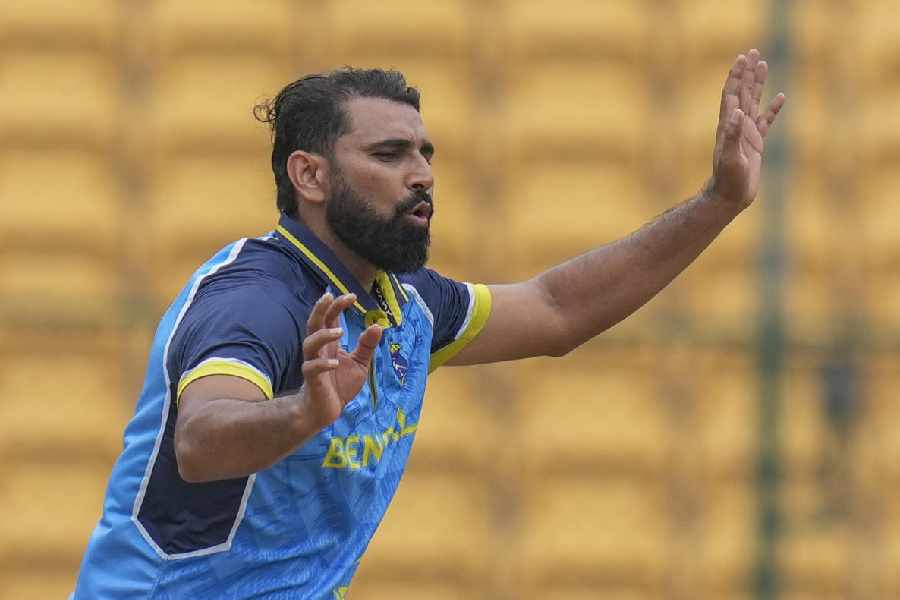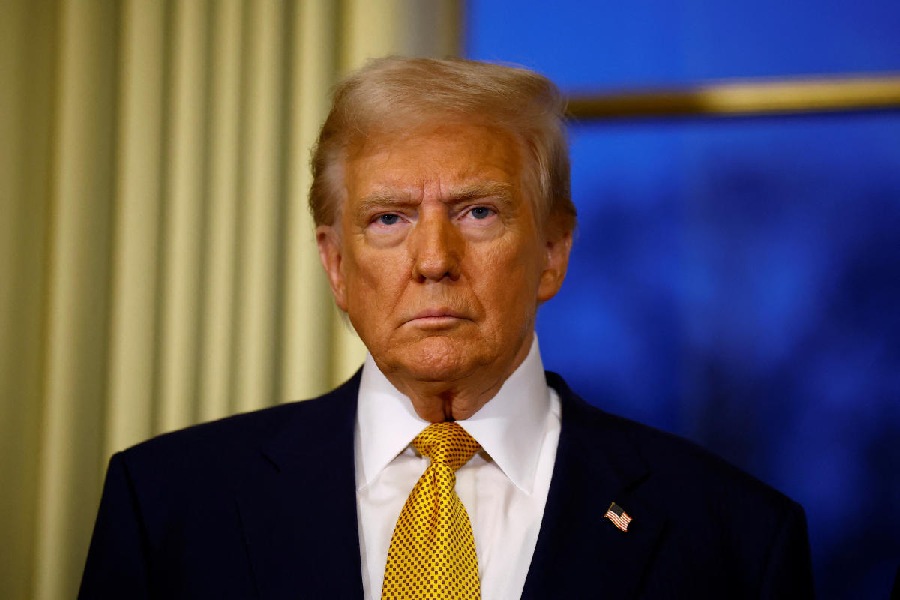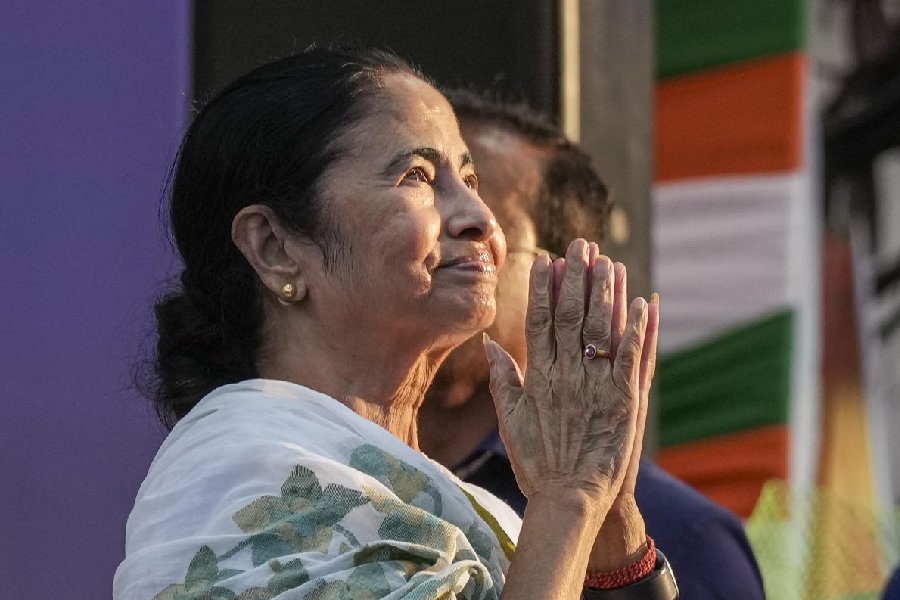The Supreme Court was on Wednesday flooded with pleas for and against a 1991 law that bars the conversion of one religion’s sites into another’s, a day before a bench is scheduled to hear the matter deemed crucial to Indian secularism.
Most of the intervention applications defended the Places of Worship (Special Provisions) Act, a roadblock before Hindutva outfits looking to take over Muslim religious sites on the plea that they were established by demolishing temples. A lone Hindu organisation on Wednesday sought the quashing of the Act.
Section 3 of the 1991 Act bars the conversion of any place of worship of any religious denomination or segment of it into a place of worship for a different religious denomination or a different segment of the same denomination.
Section 4 mandates the preservation of the religious character of a place of worship as it existed on August 15, 1947, with the sole exception of the Ramjanmabhoomi-Babri Masjid site in Ayodhya.
Hindu petitioners led by advocate Ashwini Upadhyay challenged the 1991 law in the apex court in 2020, arguing that by restricting Hindus’ right to reclaim places of worship that had been forcibly converted to those of another religion, it validates alleged vandalism by invaders.
Thursday’s scheduled hearing by a three-judge bench comes at a time Hindutva organisations have filed court cases across the country seeking the handover of the sites of various mosques and dargahs claiming they were built after demolishing
temples.
One such court plea — followed by an order to survey the Shahi Jama Masjid in Sambhal town of Uttar Pradesh — had led to violence on November 24 that killed four (according to some reports, six) people.
The Indian Union Muslim League has in its intervention application defended the Act, arguing that the incidents in Sambhal underscore the law’s relevance.
“Had the 1991 Act been implemented in its letter and spirit, such incidents could have been avoided, and the lives of six youth(s) could have been saved. Furthermore, the mushrooming of suits concerning places of worship is precisely the mischief sought to be curtailed by the introduction of this impugned Act,” the IUML said.
The IUML said the Act was “intended to preserve secularism and the religious freedoms enshrined under Articles 25 and 26 of the Constitution of India” and ensured “the protection and equality of all faiths”.
Authorities of the Shahi Idgah in Mathura — the subject of 17 suits by Hindu groups claiming it stands on the ruins of a temple at Krishna’s birthplace — too defended the 1991 Act arguing it had stood the test of time.
“It is submitted that the petitioners have chosen to challenge the enactment belatedly, after 29 years,” it said.
Rashtriya Janata Dal MP Manoj Kumar Jha, another applicant, argued that the 1991 Act was crucial to upholding the secular character of India's democracy.
A dozen civil society activists — including former Election Commissioner S.Y. Quraishi, senior journalist Javed M. Ansari and retired bureaucrat Gopal Krishna Pillai — pleaded in a joint petition that the 1991 law sought to prevent past acts by one or the other religious group from destroying future generations.
They said the 1991 Act was pivotal to maintaining communal harmony and preventing conflicts that might arise from disputes based on perceptions of historical wrongs.
However, the Delhi-based Hindu Shree Foundation, which focuses on the preservation and restoration of temples and pilgrimage sites, argued that the 1991 law "directly and disproportionately affected the religious and cultural rights of Hindus".
It said the cut-off date of August 15, 1947, was "manifestly arbitrary and whimsical" and, "read with the bar on jurisdiction of courts" had "crystallised a perpetual status quo of religious sites in India, including Islamic structures erected (after) having destroyed the temple existing on the usurped land".
It added: "Judicial review forms a part of the basic structure of the Constitution of India. The impugned Act insofar as blocking the jurisdiction of courts is unconstitutional on the grounds of Article 32 and is liable to be quashed.”
Article 32 gives every Indian citizen the right to approach the Supreme Court for the enforcement of their fundamental rights.
The All-India Muslim Personal Law Board, the Jamiat Ulema-i-Hind and authorities of the Gyanvapi Masjid in Varanasi had earlier filed intervention applications supporting the 1991 law.
The Gyanvapi is caught in a legal battle over claims it was built after destroying a portion of the original Kashi Vishwanath Temple.

